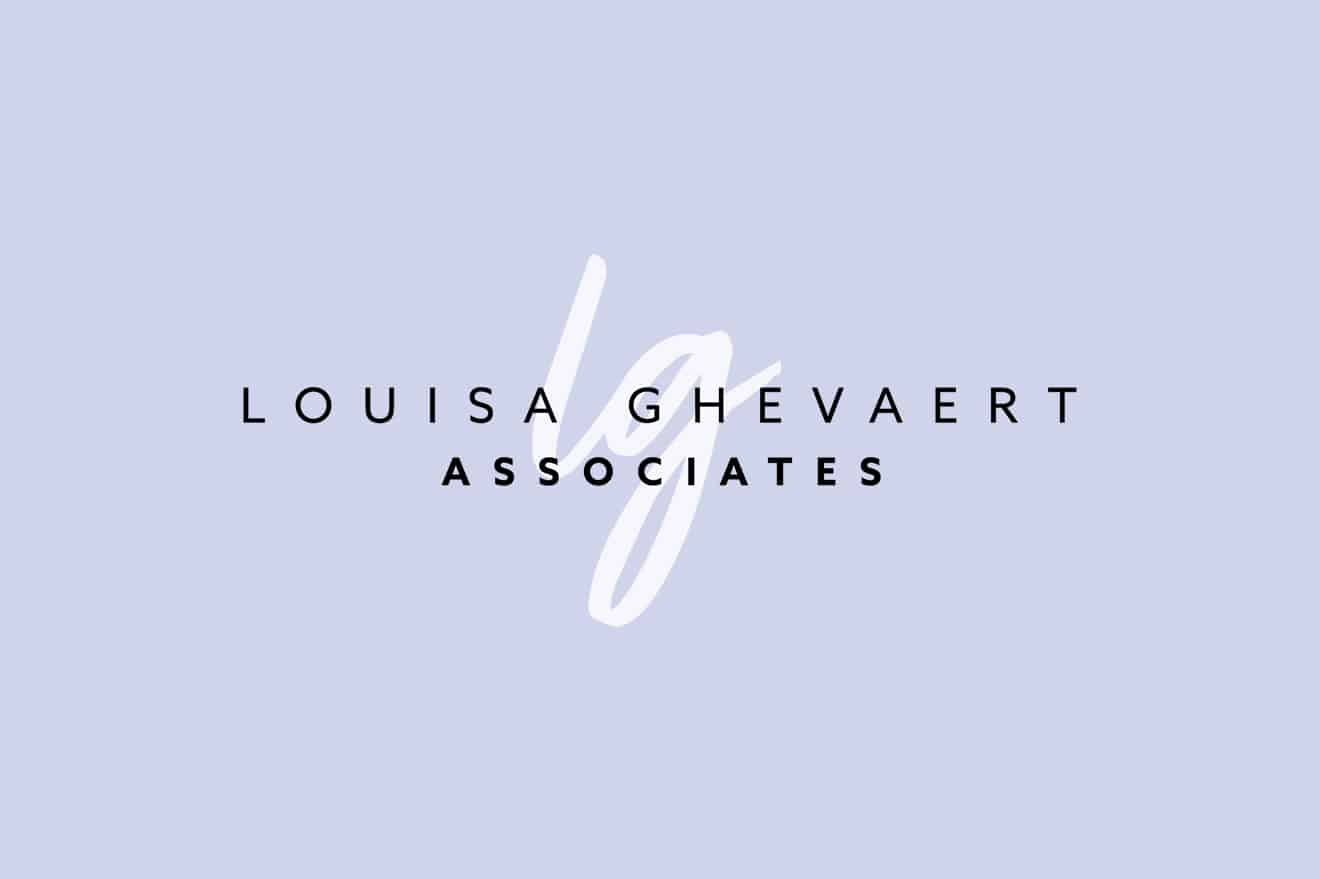1 April 2021
Infertility and difficulties conceiving a child can make you feel anxious, frustrated, angry and grief-stricken. It can leave you with unanswered questions. Why can’t I conceive? Will I ever have a baby? It can also leave you feeling emotionally exhausted, overwhelmed, stressed and stuck in a rut. These feelings can be compounded by the daunting financial costs of fertility treatment and the complex legal issues associated with assisted conception. This in turn can make it a struggle to know what to do and how best to achieve a much-wanted child.
There are many different reasons for infertility, including: lack of sperm, premature ovarian failure, age related ovarian decline, absence or lack of a functional womb and infertility caused by cancer treatment. There are also a variety of reasons why fertility treatment can fail including: a failed egg collection cycle, a lack of viable embryos, unsuccessful embryo transfer and pregnancy loss.
If you find yourself struggling with infertility or you require fertility treatment and assisted conception to start a family it is important to be proactive and seek expert help to build your family. There are a range of options to consider including: IUI, IVF, ICSI, Genomics (e.g. PGT, PGT-A, Genetic Carrier Screening), egg and sperm donation, known and inter-family donation, a co-parenting arrangement, a domestic or overseas surrogacy arrangement and adoption. These options can make a big difference, help overcome infertility and re-gear individual journeys to parenthood.
Fertility Law
Specialist fertility and family law advice navigates many complex legal and wider issues associated with fertility treatment, donor conception, surrogacy, co-parenting arrangements, adoption and complex personal situations. It can create a bespoke family building legal and practical action plan to help preserve and maximise individual fertility, understand options and make better informed decisions about conception, family creation, biological identity and legacy. It also helps effectively navigate many complex fertility and family law issues, including:
- Legal issues and options where women face rapidly declining age-related fertility and loss of opportunity for conception (e.g. fertility preservation and maximisation, management of existing personal relationships and implications of using donor gametes).
- Delays in medical diagnosis and consequent treatment and associated impact on individual fertility.
- Difficulties with storage and use of frozen eggs, sperm and embryos in fertility treatment in the UK (e.g. lack of consent and expiry of storage terms).
- Issues associated with import of frozen gametes and embryos into the UK for use in fertility treatment and surrogacy (e.g. due to anonymous and commercially obtained gametes and embryos which engage UK public policy restrictions).
- Issues associated with the export of frozen gametes and embryos abroad for use in fertility treatment and surrogacy (e.g. lack of consent and storage term difficulties).
- Legal parentage disputes with an ex-partner, donor, co-parent, step-parent, surrogate.
- Legal parentage disputes with a UK fertility clinic (e.g. problems and omissions with HFEA consent forms).
- Acquisition of legal parentage following a domestic or international surrogacy arrangement.
- Acquisition of legal parentage following a known donor arrangement.
- Acquisition of legal parentage following a co-parenting arrangement.
- An application to bring or defend a Declaration of Parentage (e.g. following a direct-to-consumer DNA test or to re-register a birth certificate).
- An application to bring or defend a step-parent adoption order.
- An application for an order to recognise a foreign adoption under English common law.
- Unexpected death of a loved-one and related issues associated with posthumous storage and use of eggs, sperm and embryos in fertility treatment (e.g. due to an accident, illness including Covid-19).
- Care and upbringing of children following a dispute with an ex-partner, parent, donor or surrogate.
Need a fertility lawyer or a family lawyer? If you would like to discuss your situation or you require specialist fertility, surrogacy and family law advice and assistance please contact Louisa by email louisa@louisaghevaertassociates.co.uk or by telephone +44 (0)20 7965 8399.




